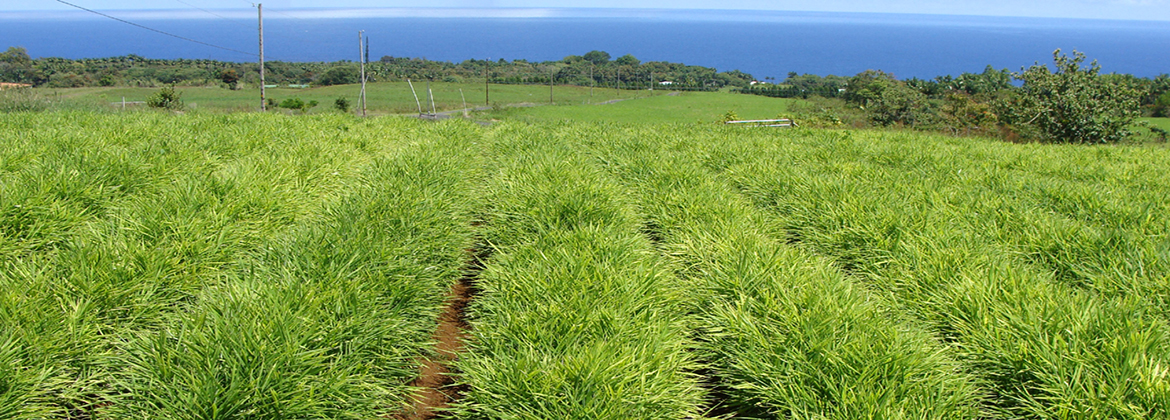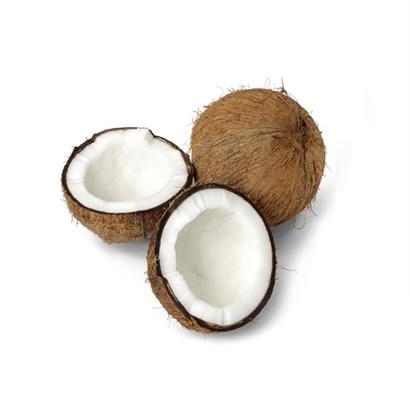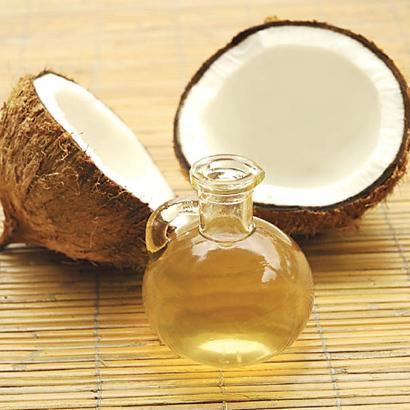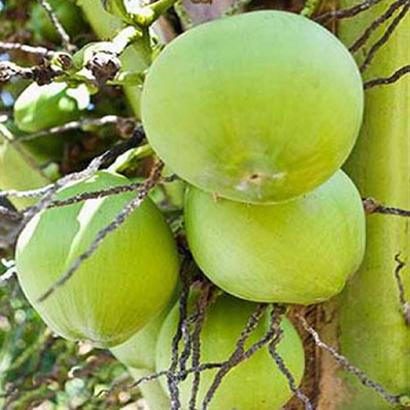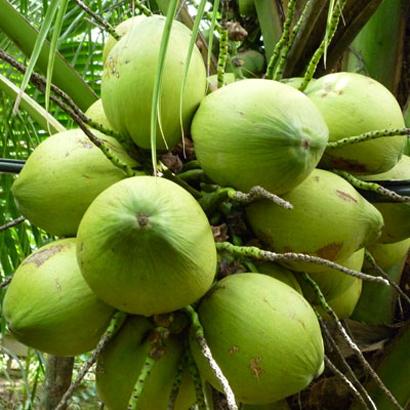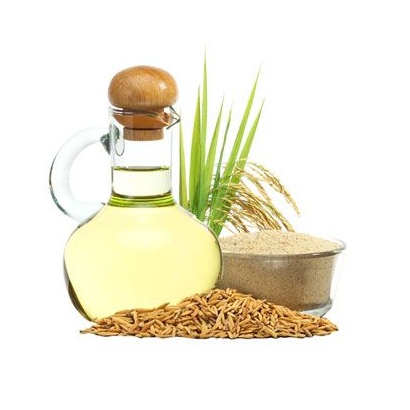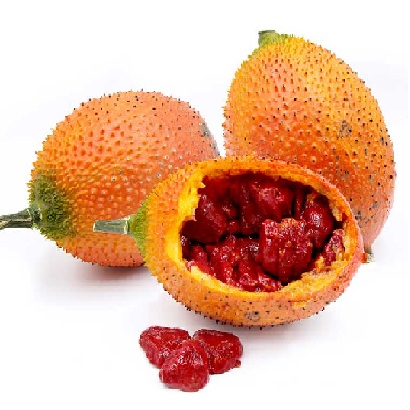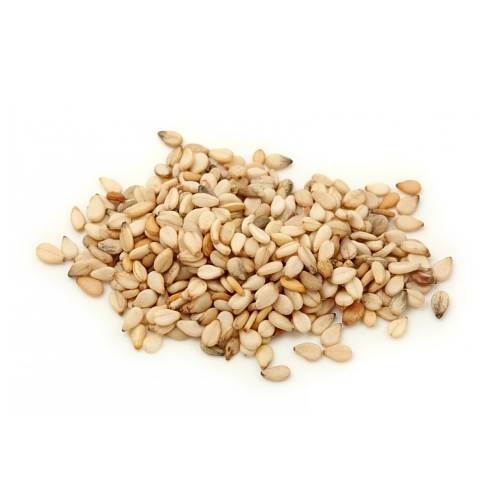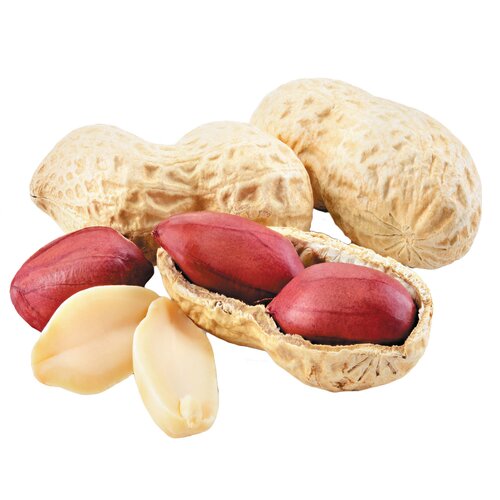Product details
Botanical name: Cocos nucifera
Origin country: Vietnam
Part use: Seed
Extraction: Cold press
Package: 1 litter - 25 kgs/drum
Coconut Oil Properties
Color : Transparent
Odour : Specific coconut aroma
Taste : Very mild sweet
Moisture : 0.1 %
FFA : 0.1 %
Lauric acid : 49 %
Shelf-life : 2 years
Free from : preservatives, additives
Sanitary standard : free from bacteria
Coconut Oil Health Benefits:
So how are people using coconut oil? What are some of the health benefits of coconut oil being reported? Some of the most recent research has come from people suffering from Alzheimer’s disease, with reports of people improving or even reversing the effects of Alzheimer’s by using coconut oil. Alzheimer’s is now seen as a type 3 form or diabetes, and for years we have seen positive results from people with both type 1 and type 2 diabetes in using coconut oil. We have also seen a lot of reports of coconut oil health benefits from those suffering from hypothryroidism, as coconut oil helps boost metabolism and raise body temperatures to promote thyroid health. Restricting carbohydrates and increasing coconut oil in the diet has also led many to report losing weight with coconut oil. Candida sufferers also report health benefits with coconut oil as research now confirms, and those suffering from various skin diseases are also seeing tremendous health benefits by applying coconut oil directly on the skin. The benefits of coconut oil for healthy hair are also well known, and other healthy benefits of coconut oil included fighting off bacterial infections and viruses. Coconut oil is also increasingly being seen to benefit athletes and fitness trainers giving them an advantage in sustaining energy levels longer without drugs or stimulants.
Coconut Oil Research:
While some people falsely accuse coconut oil of being a “fad,” the fact is that it is a traditional oil that has been consumed for thousands of years in tropical cultures, and the research on the health benefits of coconut oil has existed for a very long time. Lauric acid, for example, has a long history of use in combating pathogens, and this research has been around for more than 50 years. Coconut oil is nature’s richest source of lauric acid. So while we do publish a lot of people’s experiences with coconut oil, the evidence is not strictly anecdotal. We have a very extensive section on this website dedicated to peer-reviewed studies on the health benefits of coconut oil that are accessed primarily through Pubmed. This section is updated frequently as new research is published.
Virgin Coconut Oil: How it has changed people’s lives, and how it can change yours! Over 100 testimonies and 85 recipes.
Coconut oil was once prevalent in western countries like the United States. With a long shelf life and a melting point of 76 degrees, coconut oil was a favorite in the baking industry. But a negative campaign against saturated fats in general, and coconut oil in particular, led to most food manufacturers abandoning coconut oil in recent years in favor of hydrogenated polyunsaturated oils that come from the main cash crops in the US, particularly soy. These hydrogenated oils contain trans fatty acids. The polyunsaturated oils were not a big part of the diet of previous generations, so how has the health of Americans changed now that polyunsaturated oils are for the most part all one finds on supermarket shelves across the US? We encourage you to take an honest look at the research presented on this website, and consider the “other side” of the story, whether it be coconut oil, saturated fats, cholesterol, or the new vegetable oils.
Precautions
Keep out of reach of children. Avoid contact with eyes, inner ears, and sensitive areas.




